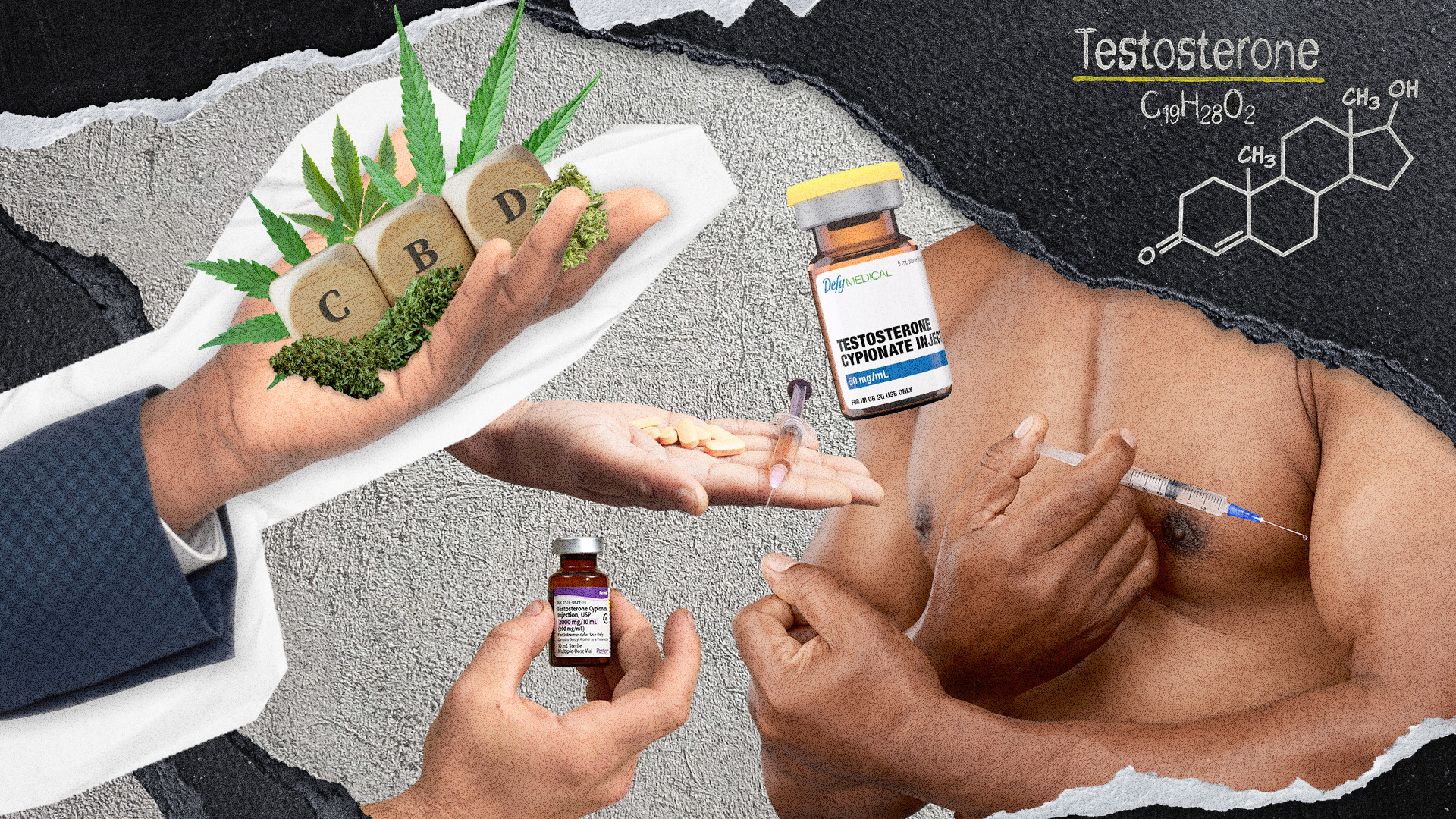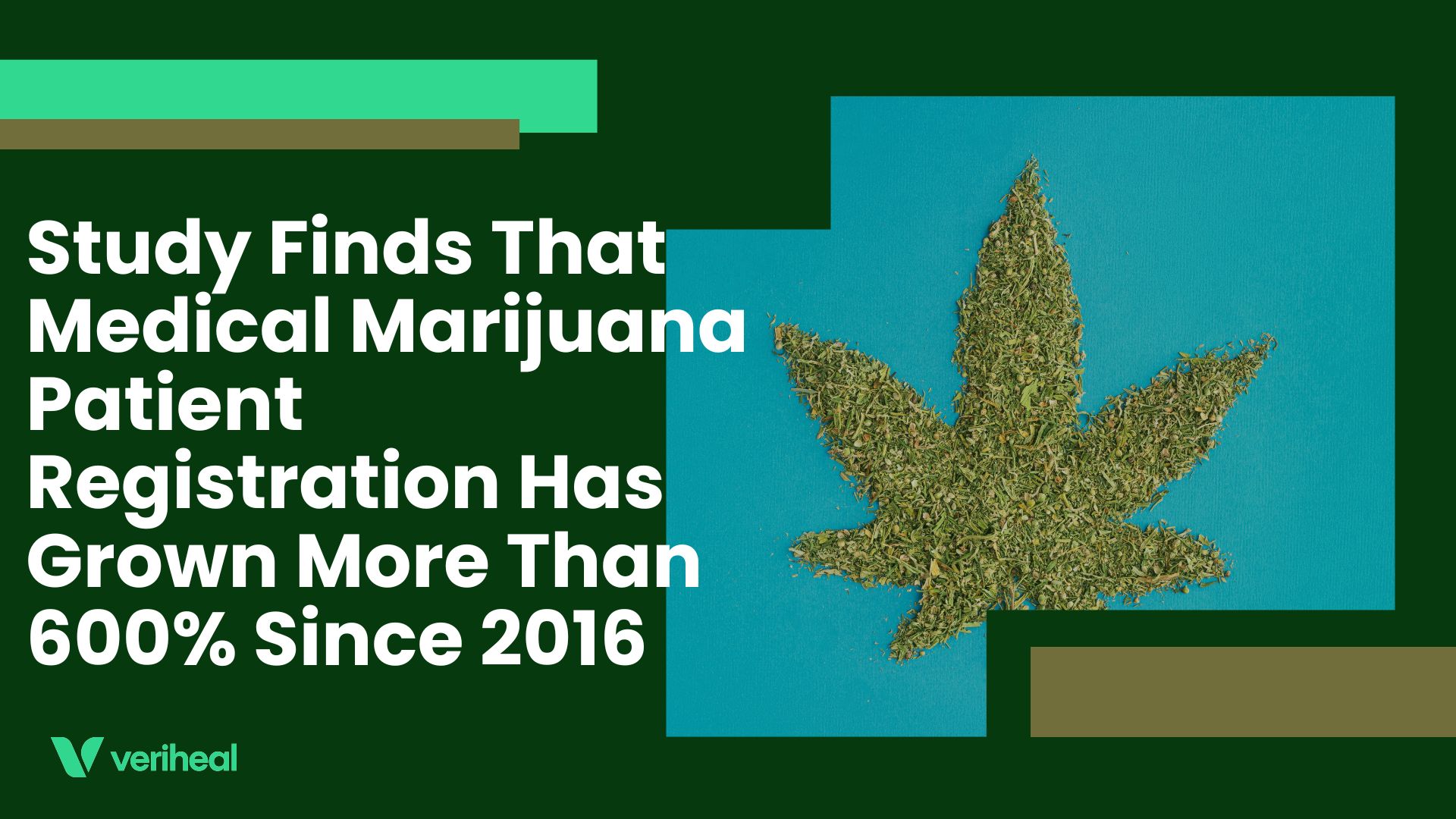Advocates for a consistent and accurate cannabis lexicon will be thrilled to hear that Washington state legislators are working toward replacing the word “marijuana” with “cannabis” in all outstanding legislation and laws.
The word “marijuana” has been directly connected to a very racist past. It is a term that many advocates agree should never have been utilized in the text of any official laws or legislation. The term marijuana is slang and is in no way scientifically connected to the plant genus known as Cannabis sativa L.
This slang term was widely used in anti-cannabis propaganda in the early 20th century, ultimately leading to the detrimental prohibition surrounding cannabis that has negatively impacted millions of lives over the last eight decades. For many years, the term was noted as “marihuana,” which still exists in several legislative texts today.
Documented Racist Relations to Marijuana/Marihuana
There are several documented uses of the word marijuana in direct racist-based and anti-cannabis agenda-driven quotes throughout history—many of which came from politicians and those in power to do harm to impoverished communities and communities of color. Here are a few examples from Harry J. Anslinger, the father of cannabis prohibition:
- “Marijuana is an addictive drug which produces in its users insanity, criminality, and death.”
- “There are 100,000 total marijuana smokers in the US, and most are Negroes, Hispanics, Filipinos and entertainers. Their Satanic music, jazz and swing, result from marijuana usage. This marijuana causes white women to seek sexual relations with Negroes, entertainers, and others.”
- “Marijuana is the most violence-causing drug in the history of mankind.”
- “I consider marihuana the worst of all narcotics—far worse than the use of morphine or cocaine. Under its influences men becomes beasts…Marihuana destroys life itself.”
One of the more recently revealed quotes came from President Richard Nixon’s chief domestic policy adviser, John Ehrlichman, which paints the complete picture regarding the racist roots of cannabis prohibition:
“The Nixon campaign in 1968, and the Nixon White House after that, had two enemies: the antiwar left and Black people. You understand what I’m saying? We knew we couldn’t make it illegal to be either against the war or Black, but by getting the public to associate the hippies with marijuana and Blacks with heroin, and then criminalizing both heavily, we could disrupt those communities. We could arrest their leaders, raid their homes, break up their meetings, and vilify them night after night on the evening news. Did we know we were lying about the drugs? Of course we did.”
Moving to a Science-Based Cannabis Lexicon
The cannabis plant’s troubling past illustrates the need to eradicate any associated terminology that perpetuates discrimination. In a motion to implement legislation that passed last March, Washington state cannabis regulators officially began the process of removing “marijuana” from the text of cannabis-related laws in the state this month. The state Liquor and Cannabis Board’s (LCB) cannabis policy and rules coordinator, Jeff Kildahl, recently stated the following during a meeting regarding the change:
“It took a little while. Some may think this is a simple thing, that it took a little while, and it’s going to take some work to get it all done, but it’s important, and it is part of our ongoing evolution of really the knowledge and acceptance of cannabis and learning about the history of some of these things.”
House Bill 1210 was signed into law by Gov. Jay Inslee on March 11 and went into effect on Aug. 6. All uses of the word “marijuana” have either been updated or will be updated to “cannabis” throughout the Revised Code of Washington, including Chapter 69.50 RCW, the Uniform Controlled Substances Act. This change also applies to Title 314 of the Washington Administrative Code, detailing the duties and responsibilities of the LCB.
Other Areas of Concern for the Cannabis Lexicon
Is the endocannabinoid system the ECS or the ES? Are “sativa,” “indica,” and “hybrid” proper words to utilize when describing the effects that specific strains of cannabis produce, or should they be reserved for growing characteristics? Is it even correct to say cannabis “strain,” or should a breed of cannabis be solely referred to as a chemovar or cultivar? These are all great debates when it comes to the cannabis lexicon. One thing that hardly anyone would debate, though, is the need for consistent verbiage surrounding this plant and all that it encapsulates.
Despite the progress that cannabis reform has seen in recent years, there is still much stigma and confusion about cannabis in many aspects. The use of incorrect and racist-driven terminology, such as “marijuana,” only adds to the difficulty that exists in trying to smash the stigma and provide education pertaining to cannabis and all it has to offer.
Washington: An Example for Many
Washington has been a leader in the cannabis industry from the get-go. It was one of the first states to welcome a fully legal adult-use cannabis market and has prioritized the safety and success of this market in its policies. Now, in 2022, Washington is taking this small-yet-crucial step toward cannabis reform. With any luck, these recent changes in Washington will encourage other states to follow suit and revise their legislative text to include more accurate terminology.
Not only is this a step in the right direction when it comes to providing consistent verbiage around cannabis, but it is also significant progress for righting the wrongs of the past. For decades, the word marijuana has been used negatively as a derogatory word toward communities of color and other groups deemed inferior by the government.
Thank you to the many individuals involved in the process of bringing this much-needed change to fruition, and congratulations to Washington for taking this very substantial step—no matter how small it may seem.
Author, Share & Comments














